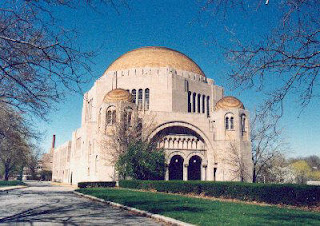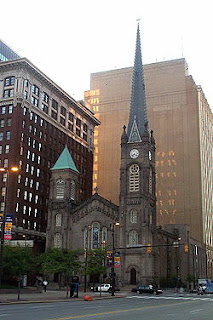Mom, part 1000.
She started crying two weeks ago and couldn't stop. So she wouldn't go down to meals at Sunrise because she'd cry, and "people would be annoyed". "How can you tell they are annoyed, Mom?" "Because they ignore me." "Maybe they are ignoring you because they don't know what else to do?" "No. They are annoyed. I'll stay in my room." She stopped eating, and called my sister over and over. She cried, sobbed and gulped like an abandoned child. She wouldn't watch TV because, "I used to watch TV with Gordon." She wouldn't read because, "I read when I was with Gordon". Gordon, her husband of 28 years, died in March. She went to Sunrise directly from a stay in a nursing facility where she lived while Gordon died slowly, with much struggle, and a conviction that he'd make it, and take care of her again. He promised her. She believed him whole-heartedly. She misses him dreadfully. But she won't

